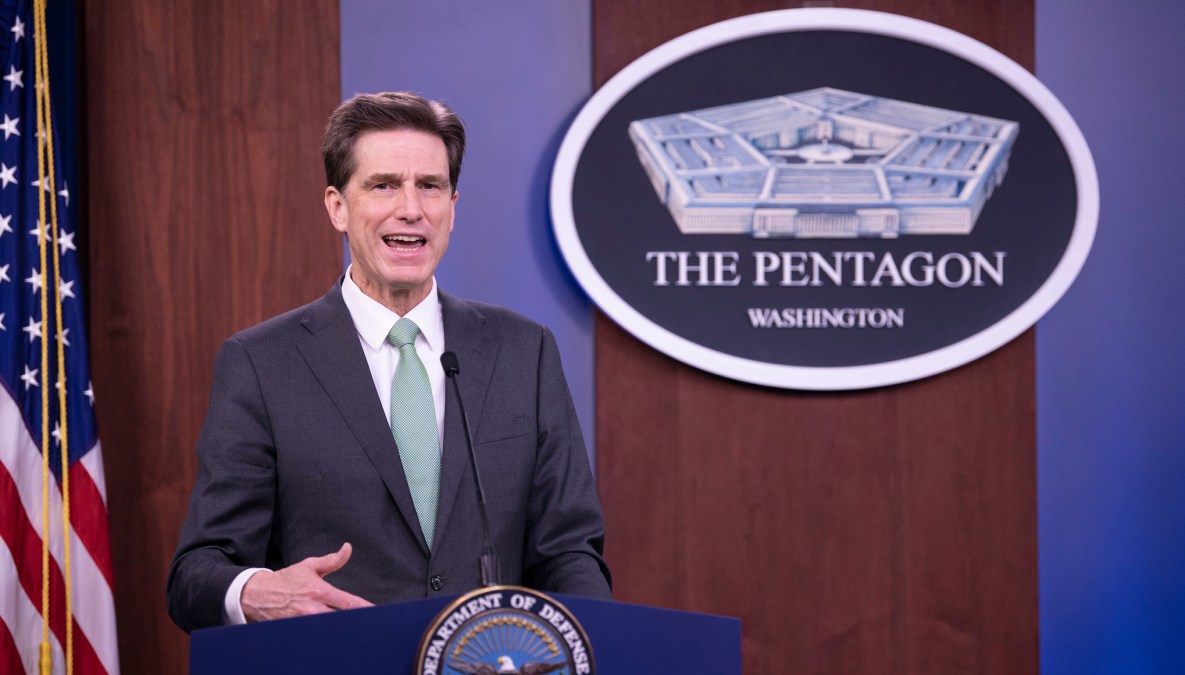DOD’s Deasy continues to defend JEDI to skeptics

Department of Defense CIO Dana Deasy continues to defend the Joint Enterprise Defense Infrastructure (JEDI) cloud contract, reassuring congressional leaders that even though the original proposal was written in 2018, its requirements are still sound.
Deasy‘s comments came in a mid-November letter sent to Senate Finance Committee Chairman Chuck Grassley, R-Iowa, who had shown some skepticism of the cloud contract in questions he previously sent to the DOD CIO. Deasy said the contract, which originally went up for bid in 2018, is still relevant since it has requirements for “commercial parity,” meaning any advancements the eventual service provider releases to the commercial market needs to be available to DOD as well.
“All of the contract requirements that were previously written are still up to date,” Deasy wrote to the senator.
The letter comes as DOD continues to work through legal protests from Amazon Web Services over the contract that has been awarded twice now to Microsoft.
Deasy also cited off-ramps the DOD can take if the cloud tech indeed falls behind industry standards once the contract is finally awarded.
“DoD continuously works with industry and maintains lines of communication to ensure that the Department receives the most appropriate and advanced technologies and is in alignment with industry standards,” the CIO wrote.
The cost of protests
The extended timeline for JEDI’s implementation has cost DOD. Deasy estimated the department has spent roughly $5.3 million on work to evaluate the original contract, respond to protests and reevaluate it earlier this year.
Grassley originally asked how much DOD spent specifically defending against issues related to conflicts of interest, suggesting the senator is concerned with how the DOD has handled personnel issues on the contract. DOD could not provide a figure on the matter, since the legal work the department has done includes other issues beyond just conflicts of interest.
An inspector general report released in April found that a key member of the early JEDI contracting team, Deap Ubhi, violated his ethics agreement with the DOD after he went on to take a job with Amazon, a top contender for JEDI, while working on the acquisition.
“The Cloud Computing Program Office followed all of the DoD recommendations for managing and identifying conflicts of interest. In the case of Mr. Ubhi, the applicable processes were applied; however, Mr. Ubhi made a deliberate attempt to deceive DoD,” Deasy wrote in defense of the DOD’s process.
Deasy also noted new acquisition and conflict of interest training has been issued to DOD procurement staff.






